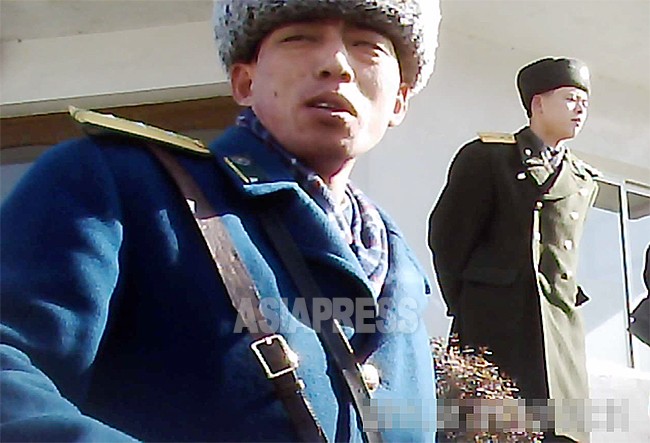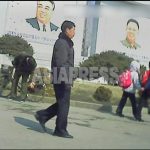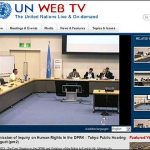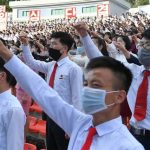
North Korean authorities are easing their crackdown and releasing people detained for social order violations and minor misconduct. It is believed that the reason for this change is that prisons have become overcrowded since the Kim Jong-un regime announced its policy of tightening social control this year, leading to difficulties providing food and other necessities. At the end of July, a reporting partner in North Hamkyung Province gave us the following information (Kang Ji-won).
◆ Detention Facilities Overflowing with People
"The detention facilities, such as indoctrination centres (prisons) and 'labour training units,' are all over capacity. The 'labour training units' especially are overflowing with people," said the reporting partner.
After the 8th Workers' Party Congress held in January, the Kim Jong-un regime stepped up its crackdown on activities that “disrupt the socialist order”. At the same time, the extreme measures taken to combat COVID-19 since last year have led to severe economic turmoil. As a result, more and more people are turning to illegal activities due to hardship in their lives.
Many have been forced to sell their houses and take to the streets, while others have refused to show up at workplaces that do not provide rations or a salary. These actions were often punished with prison sentences, which some welcomed- in order to be fed. Now, with prisoners being released to lower the burden on the state, people are worried that they will have no way to buy food upon their release.
※A "labour training unit" is a "short-term forced labour camp" where those who are deemed to have disturbed the social order, disobeyed the authorities, or committed minor crimes are detained without judicial procedures and sentenced to forced labour for up to one year. These camps are located in cities and counties throughout the country and are managed by the security bureau (police).
◆ Economic hardship has made it impossible to provide food for detainees
So why are they trying to reduce the number of detainees? Our reporting partner explain as follows:
"It is no longer possible to arrest them and give them food. In an increasing number of cases, the security bureau (police) does not detain people when they are arrested but leaves it to the labour party organizations and youth alliance organizations to 'educate' them. Crackdowns have also been loosened."
Due to financial difficulties, the government has not been able to secure enough food, which has hindered the operation of its detention facilities, central to its control over the people. In normal times, "labour training unit" detainees would be dispatched to construction sites and made to work from early morning until night until meeting a certain quota. Now, however, construction companies are having difficulty running their businesses and cannot provide enough food for the detainees. Therefore, the forced labour sentences have been shortened and, to provide cover, ordinary residents are being mobilized for the labour.
However, this leniency does not extend to what the authorities consider to be serious crimes, such as the viewing of foreign images and propaganda materials such as Korean dramas. According to the Law on the Elimination of Reactionary Thought and Culture enacted last December, the maximum penalty for viewing or possessing such materials is five years in prison, while the maximum penalty for reproducing and selling such materials is death.
"There is absolutely no mercy when it comes to foreign video material. They even seek out and punish those who take bribes and overlook such crimes. They treat it much more harshly than murder," said the reporting partner.
- <Inside N. Korea> Last Resort: Urban Poor Flee to Farming Villages to Beg for Food (2021-07-27)
- <Inside N. Korea>Discharged But Disgruntled: Former Soldiers Wreak Havoc After Being Sent to Cooperative Farms (2021-07-26)
- <Inside N. Korea> Chaos in Markets as Vendors Refuse to Sell Food at Government-Set Prices (2021-07-24)
- <Inside N. Korea> Residents Relieved as Authorities Distribute Emergency Food Supply of 5-7 Kilograms of Corn (2021-07-20)
- <Inside N. Korea> The Deteriorating Plight of the People (3) Economy Reaches State of Panic [ISHIMARU Jiro] (2021-07-12)





![[Video Report] The hidden homeless of Pyongyang](https://www.asiapress.org/rimjin-gang/wp-content/uploads/2016/12/1010-150x150.jpg)



















